A different approach to taking on climate change
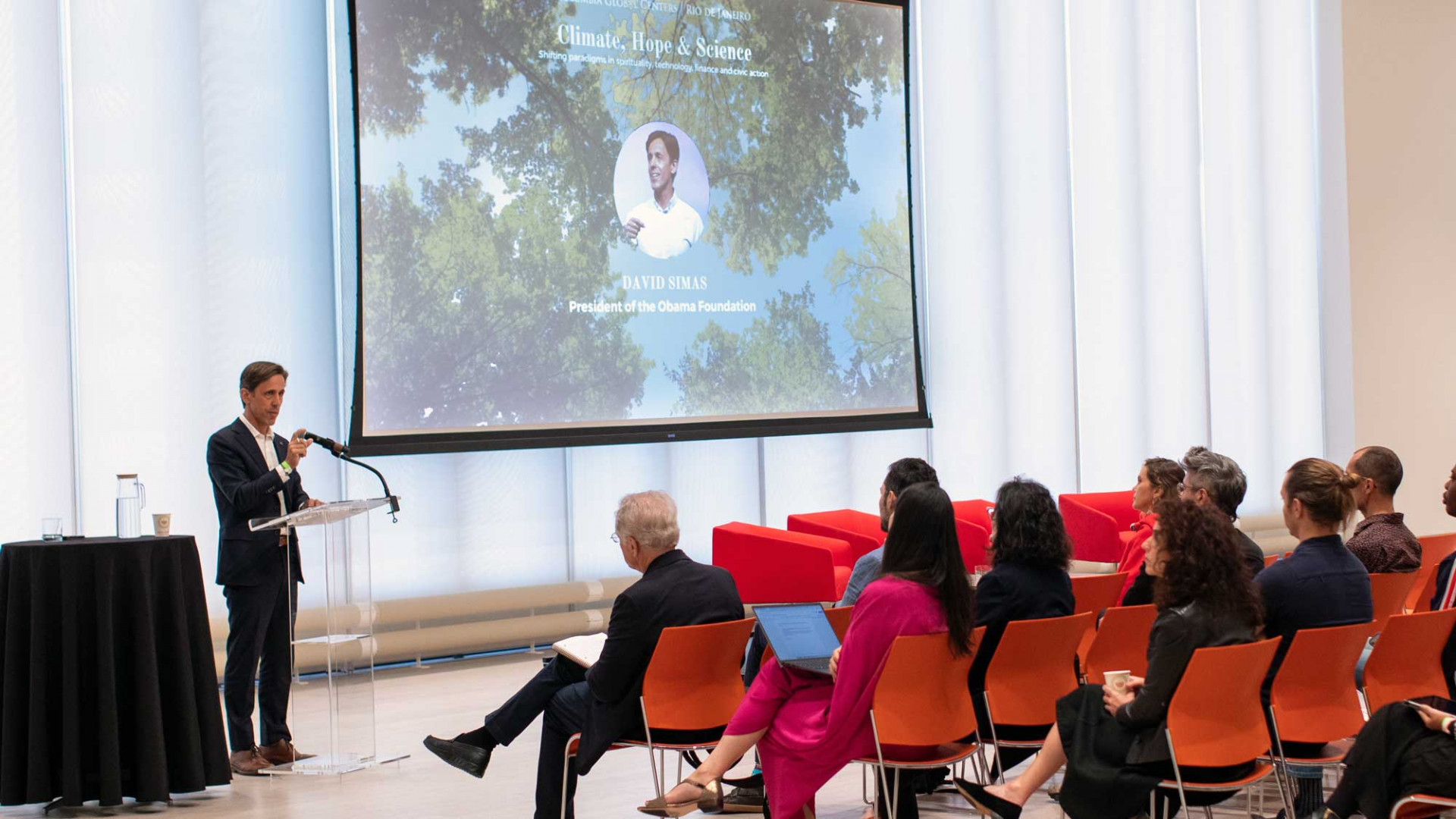
The title alone more than hinted that this was going to be a different kind of discussion about climate change: “Climate, Hope & Science – Shifting paradigms in spirituality, technology, finance and civic action.”
Hosted on the Morningside campus by Columbia Global Centers | Rio de Janeiro, the event featured panel discussions – with climate activists from around the world with scientists and other scholars – that took an inclusive and holistic approach that was more horizontal than top-down.
The same approach practiced by Filha do Sol, a women-led and community-centered nonprofit in northeast Brazil whose co-founder and CEO, Flávia Maia, helped organize the day-long event and moderated one panel.
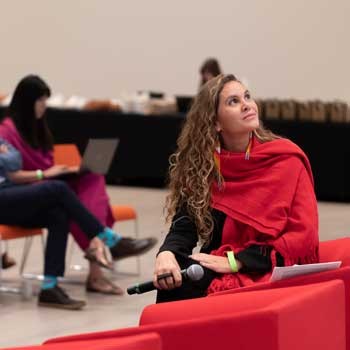
“Climate, hope, and science don't come together in the same sentence very often, but we believe that this is what will move us forward—this alignment between head, heart, and hands,” said Maia, pictured at left.
As part of New York Climate Week, the event brought together a broad spectrum of people tackling climate issues at all levels, rather than the typical assemblage of policy makers and politicians.
There were climate activists from South America, Latin America, Eastern Europe and Africa in discussion with indigenous leaders from Brazil and experts in finance, along with Obama Foundation Scholars and scientists from Columbia Climate School and other universities.
“Bringing other perspectives into the conversation is a way to open minds and create different types of ideas, to come up with different types of solutions that one might not have had, had we not introduced the idea of hope or what we meant by spirituality,” Maia said.
Maia has been connected with the Rio global center for several years as a mentor in Columbia University Women’s Leadership Network and is currently a Dalai Lama Fellow. She was also a 2020-2021 Obama Scholar with Columbia’s Obama Foundation Scholars Program, a partner in the event and part of Columbia World Projects.
Shortly after the event, Maia joined an interview with Teresa Borges, program director at the Rio center and chief organizer of the event, to discuss the unique conversations and what comes next.
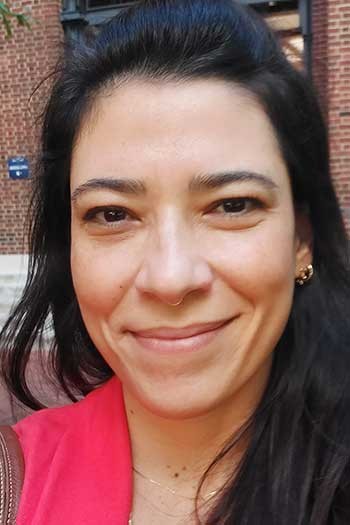
“This the DNA of our work at Global Centers, which is try to bring in multidisciplinary conversations from all over the world into the academic setting,” said Borges, pictured at right. “Why we supported an idea like this has much to do with what we do as global centers.”
Maia called the framing of the topic a bold move, as many might miss seeing a connection between spirituality and the climate. She said the context of spirituality was not about religion or faith or anything mystical.
“Spirituality is about discussing the meaning of life, what it means to be human in this planet,” she said. “If we want to address the climate crisis, we need to shift the perspective, this materialistic perspective, in which Earth is a rock and humans are living on this rock to a relational perspective where humans are part of the organism, part of Earth.”
Borges added that it was important to reach a broader audience with the program.
“It's important to bring in the multicultural and the multi-disciplinary perspectives into this conversation and not just preach to the choir,” she said.
Having a panel presented in Portuguese was beyond symbolic, Maia said. “English cannot be the only language of the Climate Week. Otherwise we will not be adding different perspectives and we will not be inclusive.”
Image Carousel with 5 slides
A carousel is a rotating set of images. Use the previous and next buttons to change the displayed slide
-
Slide 1: Tom Trebat, director of Columbia Global Centers | Rio de Janeiro
-
Slide 2: Climate, Hope and Science
-
Slide 3: Climate, Hope and Science
-
Slide 4: Climate, Hope and Science
-
Slide 5: Climate, Hope and Science
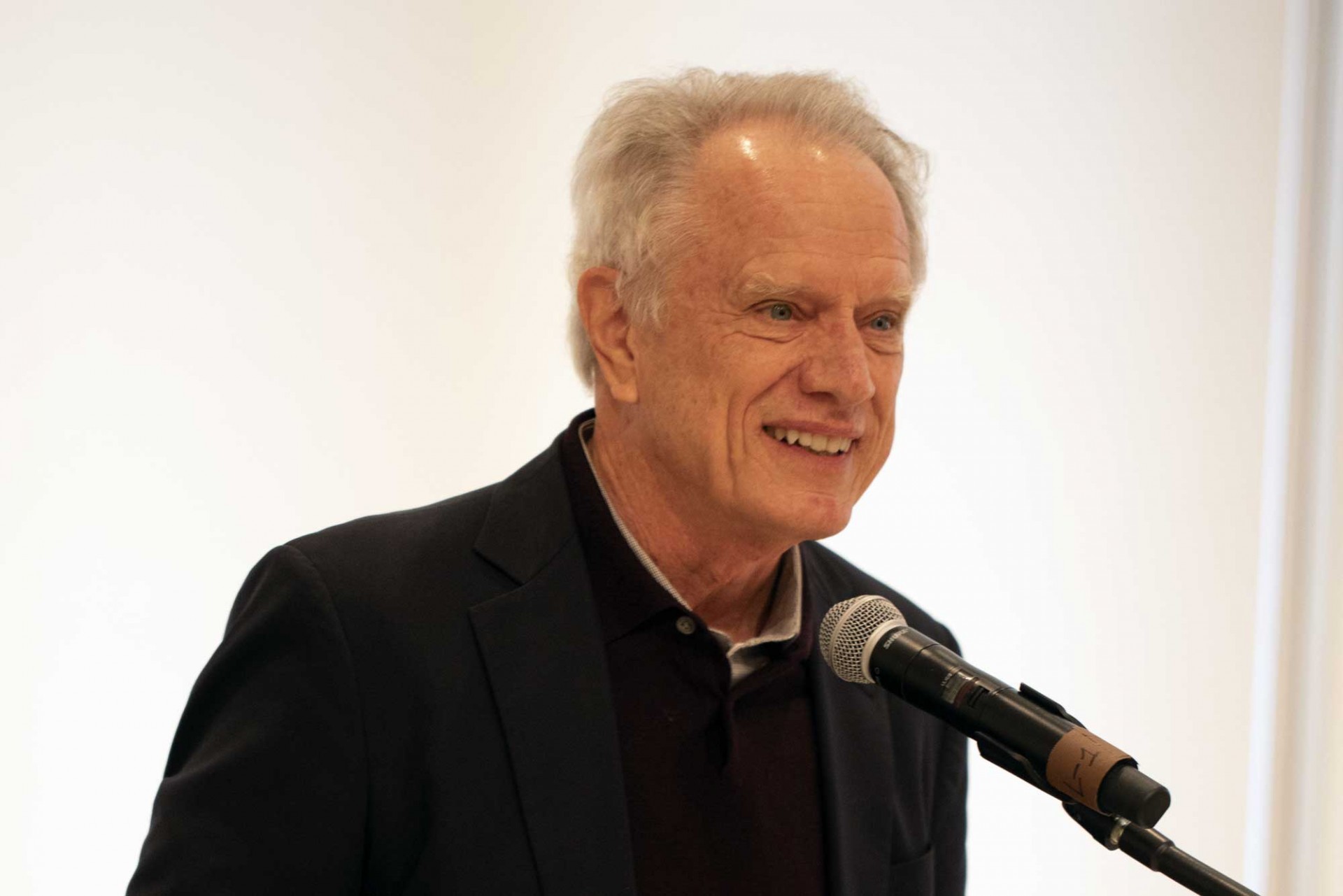
Tom Trebat, director of Columbia Global Centers | Rio de Janeiro
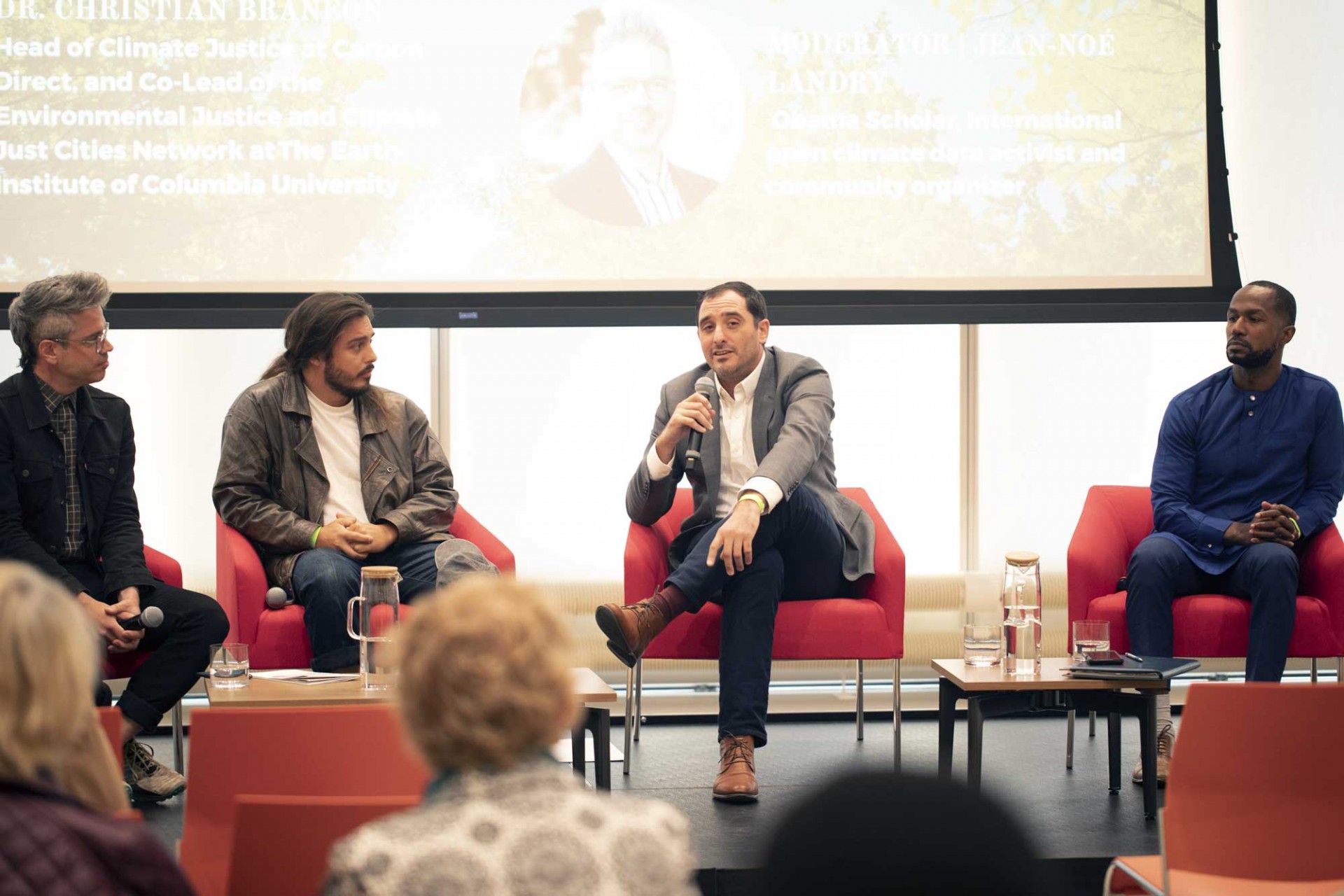
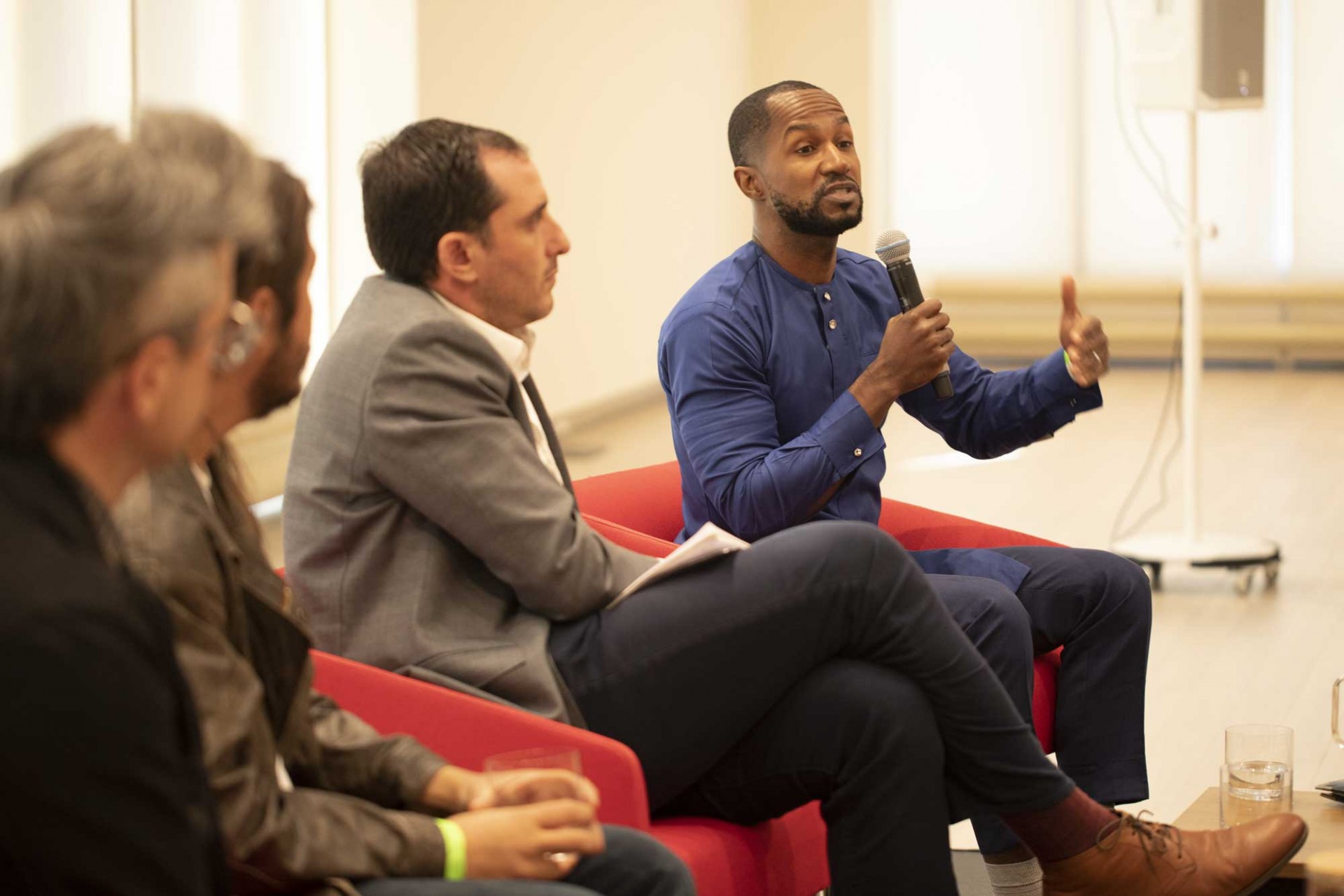
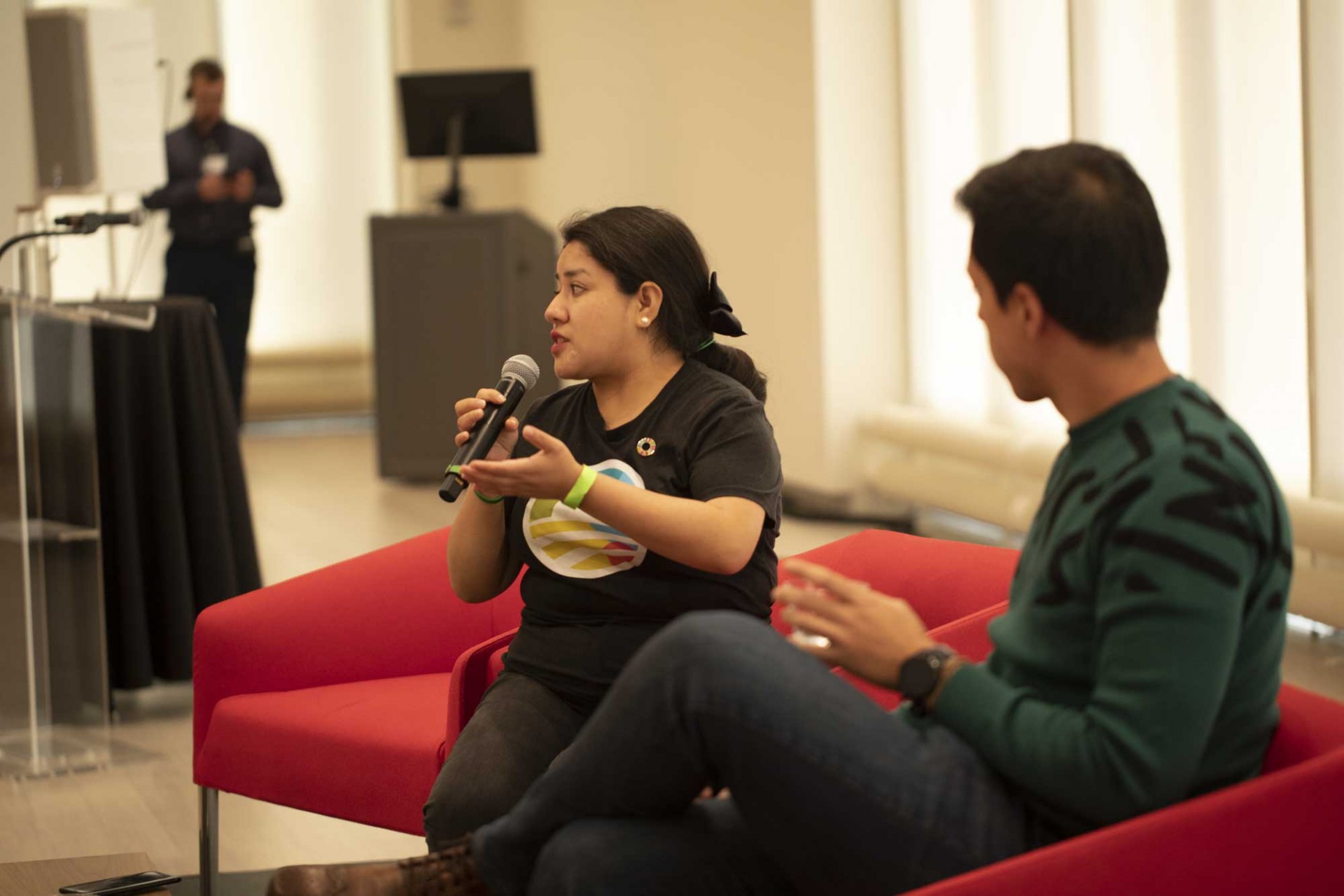
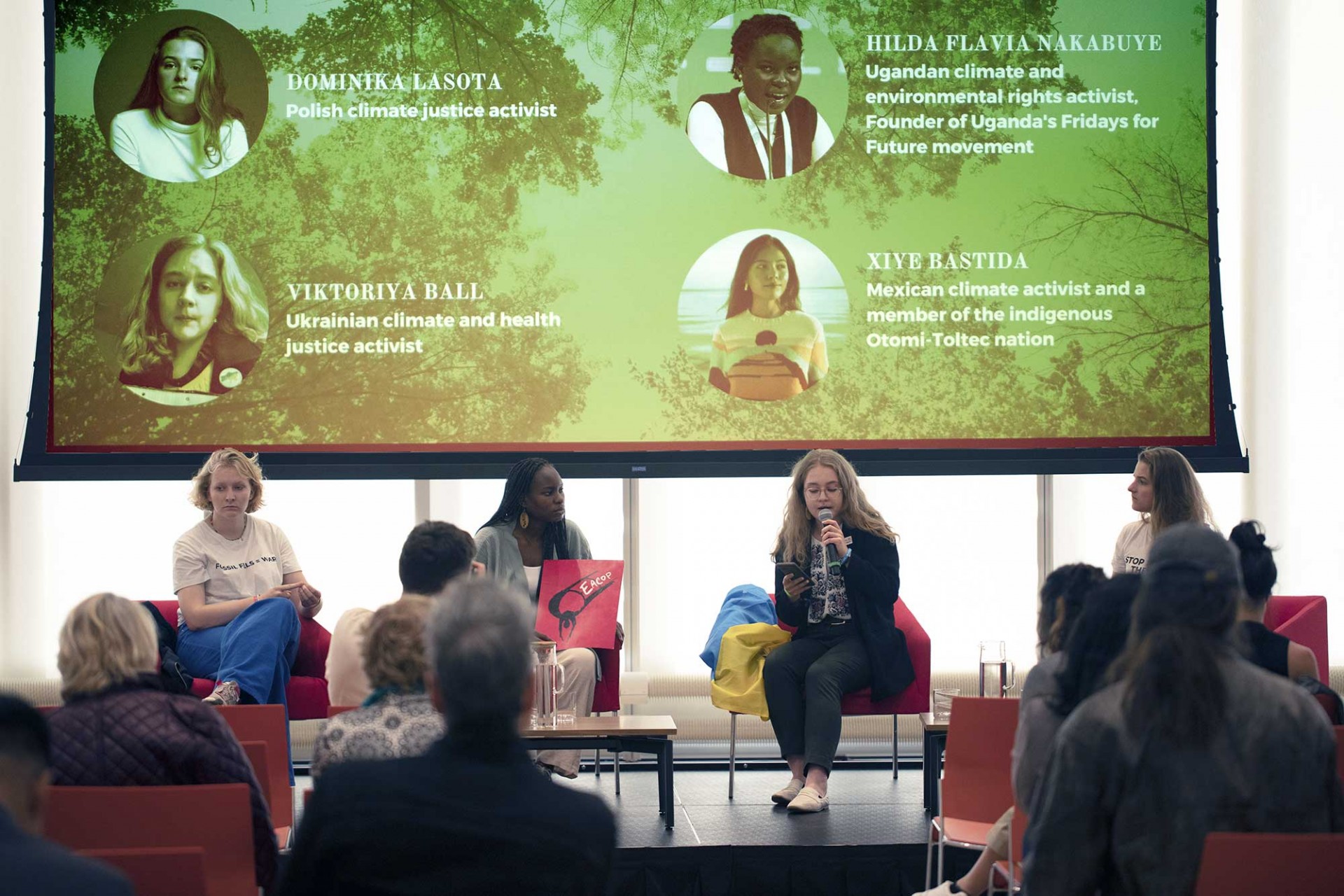
The event’s reference to hope isn’t about providing some in the face of overwhelming science and our own eyes, Maia said.
“We have many reasons to be hopeless. The reality that we are facing is critical. This is the biggest threat to humankind.
“So, the goal of the event is not convincing people to hold hands and be hopeful. The goal was to show that hope is valuable. Hope is not naive. Hope is not about waiting. Hope is about having strategy, having focus, having discipline and to engage as a community, hope as a collective effort in this engagement.”
And Maia is not hopeless. She has hope in communities of people.
“We can transform this vision of hope and science together to address the climate change into a reality.”
She said local efforts to combat climate change can make a difference, when people who share values work together to take action.
“The mission of my organization is to restore mangroves but do it from this place of discussing the values of creating communities around this issue, of showing how it's possible for us to do better, to be better and that we cannot accept the destruction that's happening here,” Maia said.
One of her group’s main activities is offering consultancy on climate action and international development for free to local organizations acting in tropical villages and other frontline communities. Instead of a fee, the group asks these organizations to create green jobs for women.
Both Maia and Borges said they were energized by the event. Maia said she hopes to organize more like this event in regions around the world.
“We need to close this gap between the abstract global discussions about emissions and get grounded into the experience of communities,” she said. “This is what I see next.”
Borges said she is continuing to explore how the Rio center can foster these kinds of connections and that listening locally is the key.
“What are the conversations that are necessary to have instead of coming in top down?”
She said the center is also working to establish a climate hub of local partners in Brazil.
Maia said she is trying to build upon important legacies – of hope, from being an Obama Scholar, and love, from her time as a Dalai Lama Fellow – and explore them in the context of combating climate change.
“So, what comes next for me is to understand how hope and love have a place in the climate conversation, how we can put these values into action.”